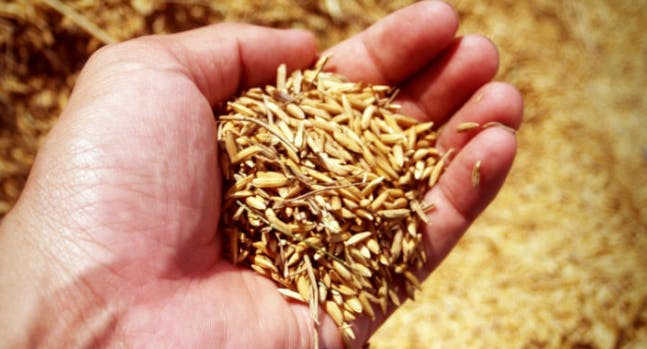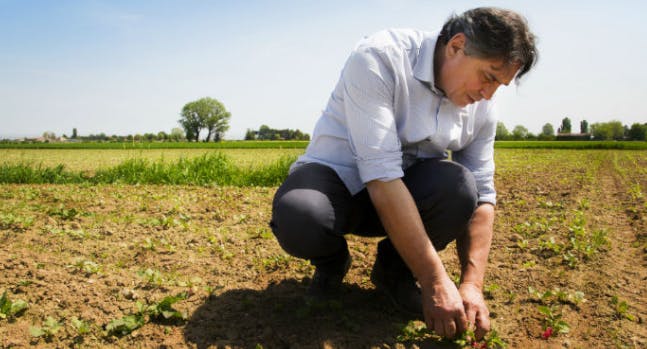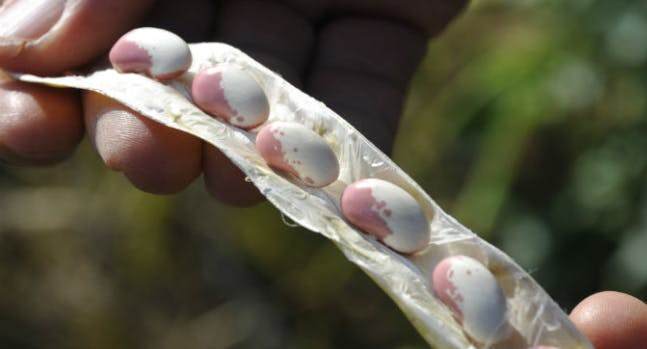“The landscape is the seat of our collective soul”, in the words of Carlin Petrini.
In 2017, we launched the We Plant Biodiversity project with the aim of helping small businesses and farmers register certain varieties of vegetables at risk of extinction in public catalogues, allowing them to independently sell their seeds, and guaranteeing the survival of highly endangered varieties.
Registering traditional seeds in public lists means protecting them from the hoarding of multinationals, ensuring their survival and allowing them to be marketed legally. Another purpose of the project is to raise awareness among the general public about the importance of seeds. The sachets containing the vegetable seeds registered in the public lists and protected by the We Plant Biodiversity project were then made available in the Eataly shops to involve everyone in the campaign.


